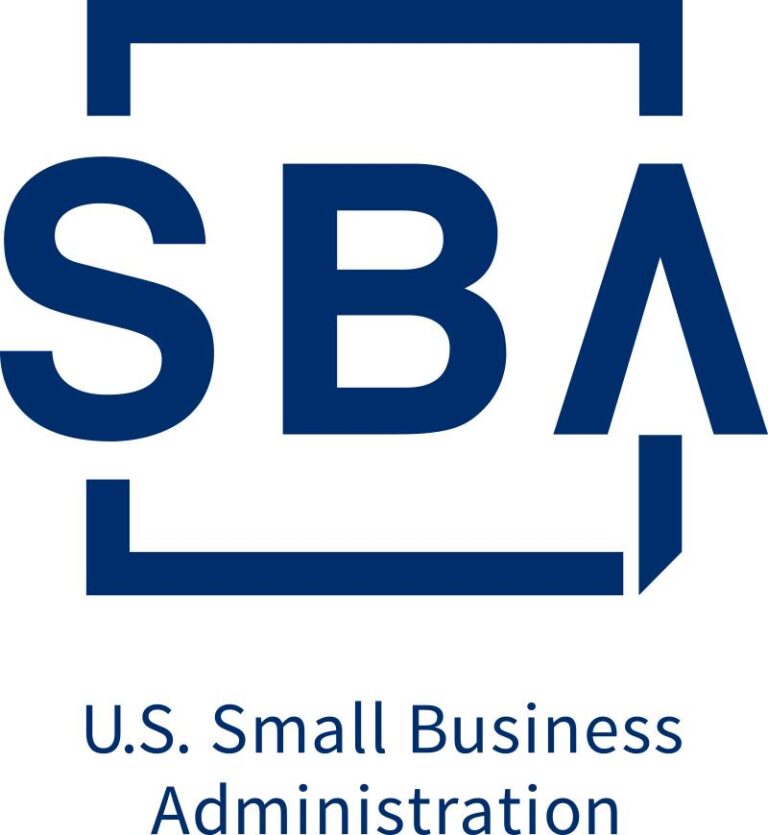Washington StateŌĆÖs Small Businesses Face Mounting Challenges Amid Regulatory and Financial Pressures
Regulatory Complexities Impede Small Business Expansion
Small enterprises throughout Washington State are increasingly burdened by a labyrinth of regulations that complicate daily operations and hinder growth prospects. These regulatory demands not only inflate operational expenses but also consume valuable time that could otherwise be devoted to innovation and scaling. Business owners frequently encounter obstacles such as prolonged licensing timelines, fluctuating tax obligations, and unclear labor regulations, which collectively create a competitive disadvantage compared to larger firms.
Compliance with these mandates disproportionately affects smaller companies, restricting their capacity to recruit new employees or invest in expansion. Recent studies reveal that small businesses dedicate an average of over 150 hours annually to managing state regulatory requirements, with the financial burden distributed as follows:
| Compliance Category | Annual Hours Spent | Estimated Cost ($) |
|---|---|---|
| Permits and Licensing | 60 | 3,200 |
| Tax Reporting and Filing | 50 | 4,100 |
| Employment and Labor Regulations | 40 | 2,800 |
- Excessive paperwork causes operational delays and inefficiencies.
- Frequent regulatory updates disrupt strategic business planning.
- Insufficient clarity compels reliance on expensive legal advice.
Escalating Taxes and Operational Expenses Threaten Business Sustainability
WashingtonŌĆÖs entrepreneurs are grappling with rising tax rates and increasing operational costs that erode profit margins and jeopardize business viability. Increases in property taxes, licensing fees, and state-imposed levies have created a financial environment where maintaining profitability is a growing challenge. Many small business owners report feeling overwhelmed by these fiscal pressures, which limit their ability to reinvest in their companies or expand their workforce. Consequently, some are forced to either transfer costs to customers or reduce essential services.
Comparative data from the past three years highlights how WashingtonŌĆÖs tax increases outpace those in neighboring states, placing local businesses at a competitive disadvantage. The following table outlines key tax and fee hikes from 2019 to 2022:
| Expense Category | 2019 Rate/Amount | 2022 Rate/Amount | Percentage Increase |
|---|---|---|---|
| Business & Occupation Tax | 1.5% | 1.8% | 20% |
| Commercial Property Tax | $12 per sq. ft. | $15 per sq. ft. | 25% |
| State Licensing Fees | $150 annually | $190 annually | 27% |
- Growing payroll taxes complicate employee retention and recruitment efforts.
- Increased commercial rents driven by higher property taxes.
- Additional compliance expenses further strain financial resources.
Funding Obstacles Continue to Limit Small Business Growth
Securing capital remains a formidable challenge for many small businesses in Washington State, significantly restricting their ability to grow and remain sustainable. Traditional financial institutions often hesitate to extend credit to smaller ventures due to perceived risks, stringent lending criteria, and economic volatility. This funding gap forces entrepreneurs to rely heavily on personal savings or resort to high-interest loans, exacerbating financial pressures.
Several factors contribute to this capital scarcity, including:
- Scarcity of local venture capital investment.
- Limited availability of small business grants and public funding programs.
- Complicated application procedures that deter inexperienced borrowers.
- High collateral requirements imposed by traditional lenders.
| Funding Type | Approval Rate | Interest Rate Range |
|---|---|---|
| Conventional Bank Loans | 35% | 5.5% – 8% |
| Online Lending Platforms | 60% | 10% – 25% |
| Government Grants | 20% | 0% (Non-repayable) |
| Angel Investors | 15% | Equity-based |
Advocacy for Policy Changes to Cultivate a More Favorable Business Climate
In response to the mounting difficulties faced by small businesses, there is growing momentum for policy reforms aimed at creating a more supportive economic environment. Stakeholders emphasize the necessity of reducing bureaucratic obstacles and simplifying regulatory frameworks that disproportionately affect smaller enterprises. Proposed initiatives include:
- Streamlining administrative procedures to shorten permit and licensing timelines, facilitating quicker business launches and expansions.
- Reforming tax policies to provide targeted relief for startups and micro-businesses, encouraging reinvestment and job creation.
- Expanding access to capital through state-sponsored loan programs and grant opportunities tailored to small business needs.
Recent research highlights a strong link between rigid policy environments and elevated small business closure rates. Implementing these reforms could foster a more dynamic and competitive marketplace, promoting innovation and sustainable growth. The table below summarizes key reform areas alongside current challenges and projected benefits:
| Policy Focus | Existing Issue | Projected Benefit |
|---|---|---|
| Regulatory Framework | Delays in approvals hinder market entry | Accelerated business operations and turnover |
| Taxation | Excessive levies on small enterprises | Improved profitability and workforce expansion |
| Financial Assistance | Insufficient funding avenues | Enhanced access to growth capital |
Final Thoughts: Navigating Toward a Thriving Small Business Ecosystem
As the pressures on Washington StateŌĆÖs small businesses intensify, it becomes increasingly critical for policymakers and community leaders to reevaluate the current regulatory and fiscal landscape. The Washington Policy CenterŌĆÖs findings underscore the urgent need for balanced reforms that protect essential standards while fostering an environment conducive to entrepreneurial success. Without decisive action, many local businesses may struggle to survive and expand, with far-reaching consequences for the stateŌĆÖs economic health and employment opportunities. The upcoming period will be pivotal in shaping a business climate that champions innovation, resilience, and opportunity for WashingtonŌĆÖs small business community.







